For Māori, our relationship with reo and culture isn’t straightforward. We’ve had to fight for our language and customs - a journey which looks different for everyone.
In this photo essay, Re: contributor Todd Karehana asks 11 wāhine about their own journey with language and identity. It sits alongside our new documentary Young and on the Paepae, which explores the story of Toa, a 25-year-old from Te Teko who defies tikanga to become a kaikōrero.
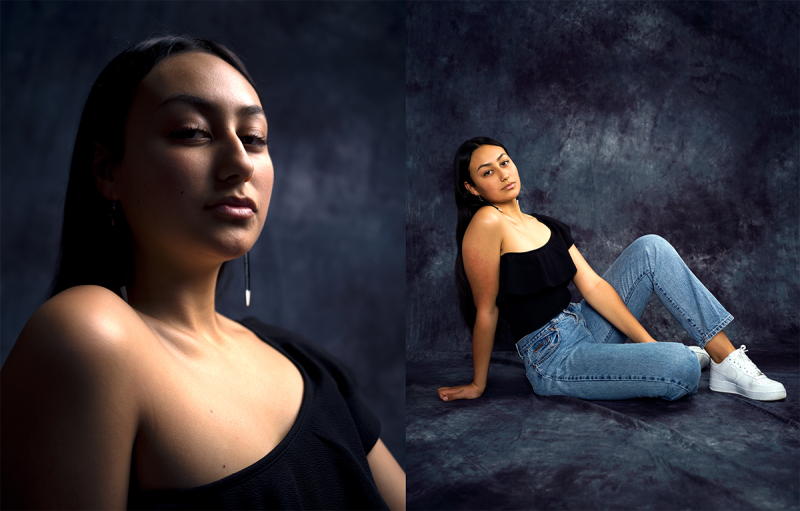
Maioha Andrews, 16
Ngāpuhi, Te Rarawa, me ngā uri o Hakiputatōmuri nō Te Uri o Hau.
“My relationship to te reo Māori for me is everything.
“I was brought up in a whare full of fluent speakers of te reo Māori, therefore I am not a stranger to my reo. My reo is where I hold my confidence, it tells stories through genealogy passed down by my many rangatira ancestral lines.
“Tōku reo tōku ohoho, tōku reo toku māpihi maurea.”
My language is my absolute treasure, my language is the window to my soul.
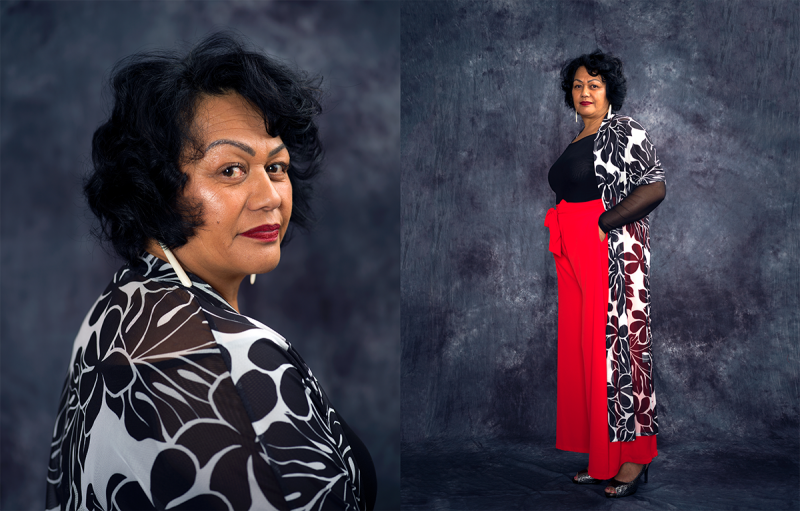
Desire'e Andrews, 51
Te Rarawa, Ngāpuhi, Ngāti Whātua ki Otamatea
“My relationship to te reo Māori is one of humility.
“I grew up as a young girl with my fluent speaking grandmother - I was taught to speak in te reo Māori but I never really understood what I was saying.”
Attending Kuini Victoria, a Māori secondary boarding school, was a turning point, Desire’e says. Things changed again when she became a māmā, with her eldest two children immersed in the reo at kōhanga and kura kaupapa Māori. In more recent years, her relationship with the reo has also been different.
“My second whānau of tamariki with a Pākehā husband meant I stepped back and in a sense stepped away from our taonga - te reo Māori me ōna tikanga (language and culture).
“After eight years of marriage, three more tamariki later, I faced adversity which would see me turn back to Te Reo Māori me ōna tikanga.
“I have never allowed it to leave me and my tamariki since.”
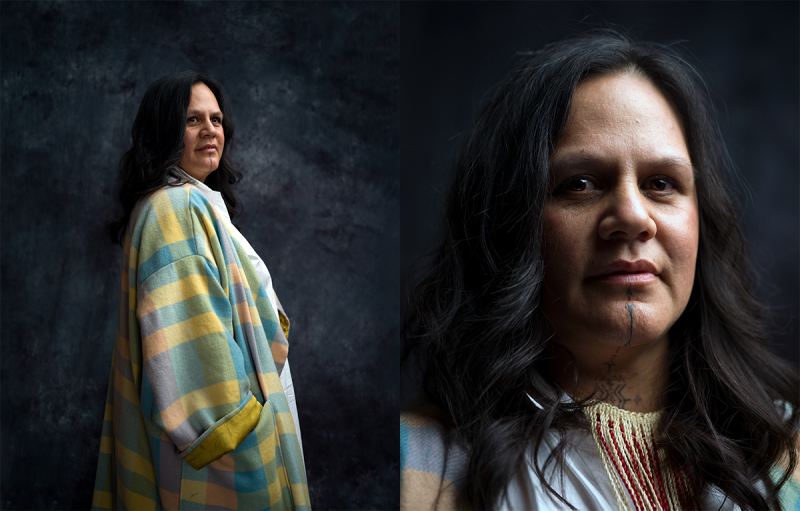
Amber Fonua, 46
Whakapapa to Hokianga and Mitimiti in the Far North, and the Tongan islands Tongatapu, Ha'apai, Vava'u
“I plan to undertake a personal reo journey next year, once I have completed my current raranga course.
“Now that I know and understand a lot more about the history of this country, I am less ashamed of my inability to kōrero, and raranga has also given me strength to stand tall in te ao Māori and press forward in my conscious journey into the land of my past future.”
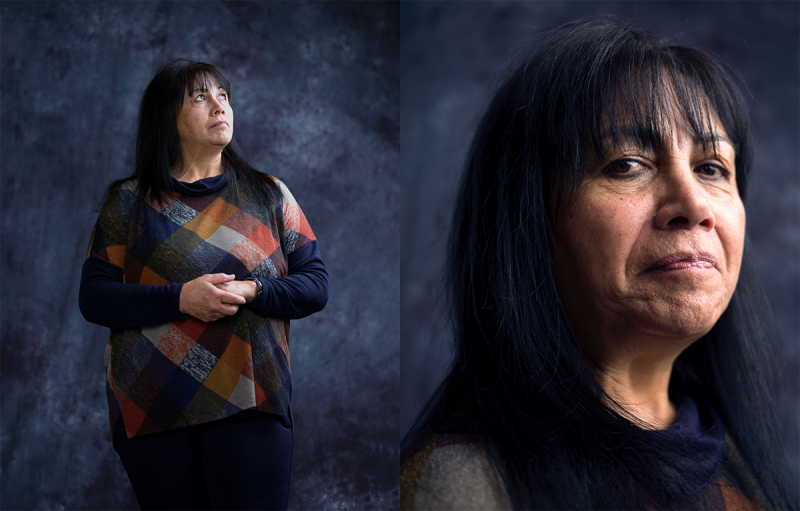
Gina Coleman
Ngāti Patumoana, Te Whānau-a-Hikurukitia/Ngāti Horomoana
“My grandparents and my parents spoke fluent te reo and would switch to english when speaking to us children.
“I believe that they wanted the best for us and wanted us to focus on English… so that we wouldn't suffer the experiences of racism that they did by being caned or strapped for speaking the language.
“Now, I am embarking on my journey to speak te reo - the language of my tīpuna. I believe my tīpuna felt we should be able to do all things of te ao Māori, things that our tīpuna did. Those things I hold dearly as a connection to te ao Māori.”
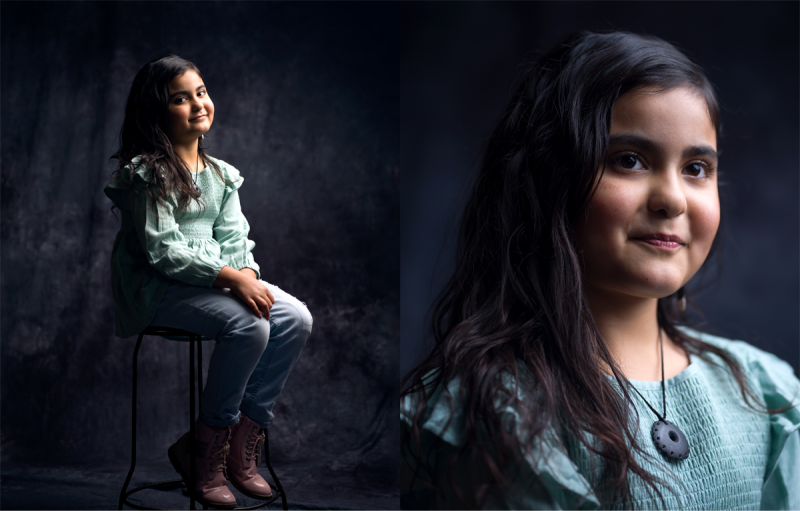
Mya Manamea Kirikopi Burley-Fraser, 8
Te Arawa, Sāmoa, Fiji, Cook Islands
“He tino taonga te reo Māori ki au. Ka kōrero i te reo Māori ia rā ia rā. He tino pai te reo Māori ki au, ā, kei te pīrangi au ki te akiaki i ngā tāngata ki te kōrero i te reo Māori.”
Te reo Māori is a treasure to me. I speak it everyday. I love te reo Māori and I want to help the people speak it.
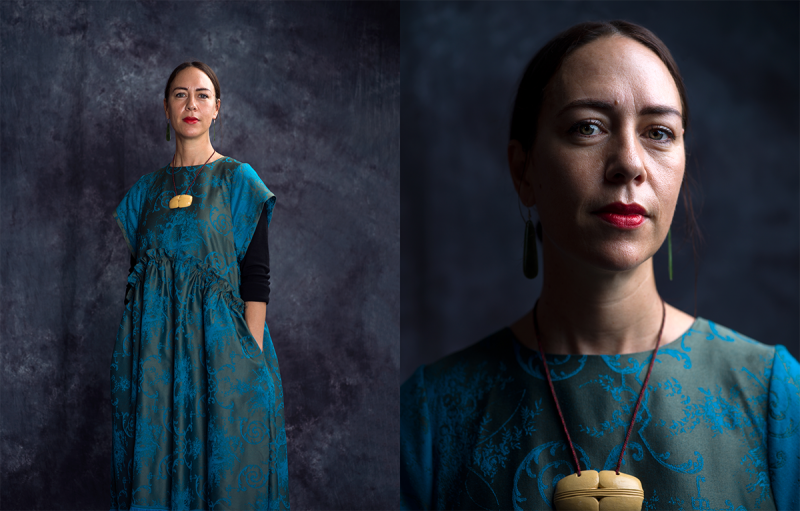
Damaris Jeanne Coulter, 41
Ngāti Kahu, Pākehā
“My journey of reconnecting to our reo like many other tangata whenua is complicated and has layers - it is not straightforward.
“In my opinion, te reo can be for everyone but it needs to be for Māori first, and non-Māori, tangata te tiriti, wanting to learn have a responsibility to create space, hold space and carve out space so this can happen”
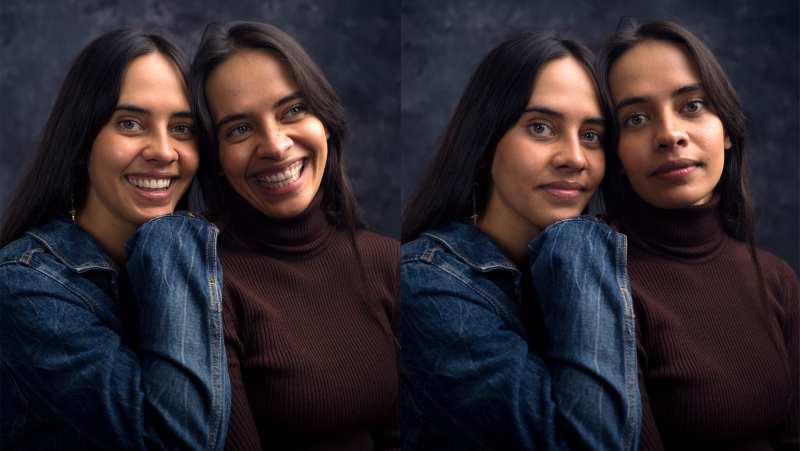
Jodi and Kiri Naik, both 25 Māori, Indian, Pākehā
Jodi
“I wish I had grown up speaking the reo. I feel alienated in some ways, not speaking it, and this is something that I will change.
“I think te reo is one of the most beautiful languages, the way it sounds and conveys concepts and feelings is so beautiful.”
Kiri
“I am sad that I don't know my ancestors’ tongue, yet te reo feels like this simple yet mysterious language that I have yet to learn.
“My appreciation for the language and curiosity is unwavering.”
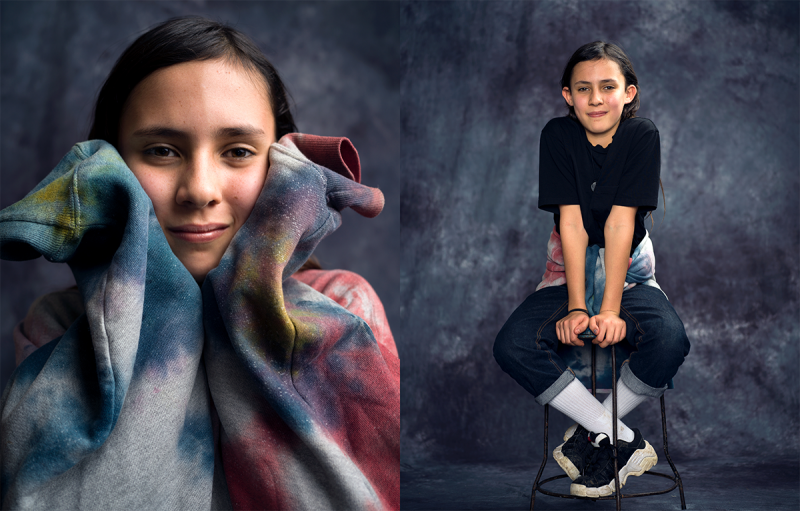
Huia Bucknell, 11
Ngāpuhi, Te Aupouri
“Ki ōku whakaaro he taonga tuku iho.
“Nō reira, iti rearea teitei kahikatea ka taea.”
In my opinion, te reo Māori is a treasure handed down to me from my ancestors.
As the saying goes ‘even the small rearea bird can ascend to the great heights of the kahikatea tree’.
For a different perspective and journey, watch 25-year-old Toa’s story in the short documentary Young and on the Paepae. The Young And documentaries look at what it’s really like to be in your 20s in Aotearoa. From the stories of young people who lived on Auckland’s streets as teens to women who struggle to orgasm, we take an honest look at issues around sexuality, culture, gender and social identity.
Watch Young and on the Paepae here.
See other Young and episodes here.
Made with support from NZ On Air.